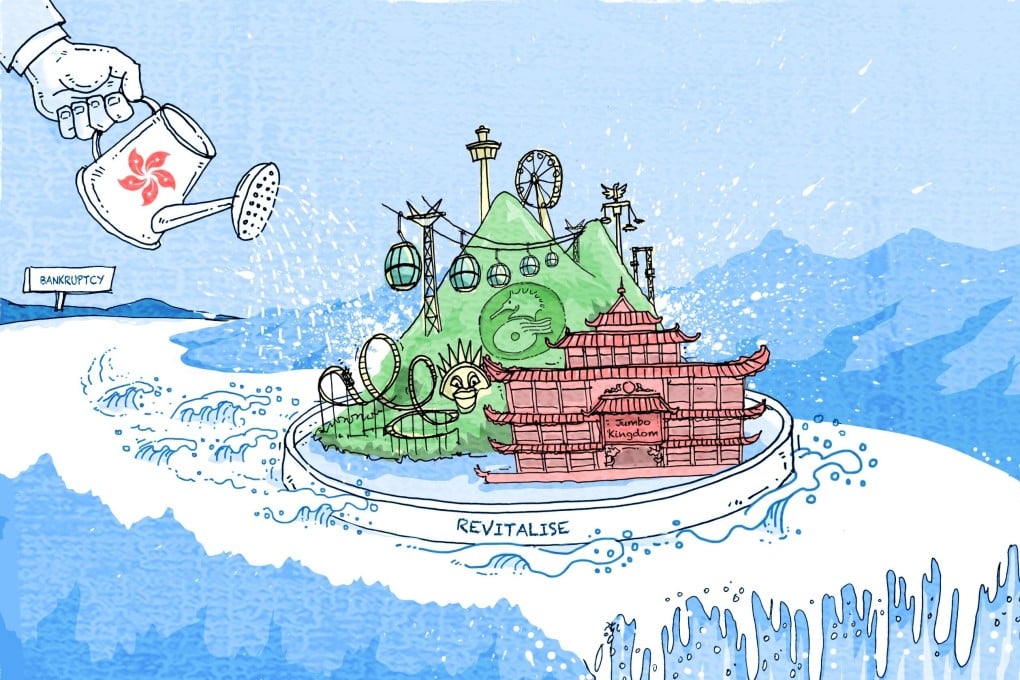Bid to refashion Hong Kong’s idyllic south coast into tourist haven full of promise – and potential pitfalls
- The city leader’s recent pledge to tap more tourism dollars in an area long defined by its maritime traditions has stirred excitement in some and trepidation in others
- Similar projects in other neighbourhoods have left locals disappointed but officials can also learn from those mistakes, critics say

For most of his adult life, Tsang King has lived and worked on southern Hong Kong Island, where jungle-covered hills fall sharply down to waters that fishing boats have plied for more than a thousand years.
Less than a 30-minute drive from the downtown network of skyscrapers that house some of the most powerful financial institutions in Asia, the work day ends when the boats dock and deeply tanned crew members spill out into the neighbourhood streets, warmly talking above each other as they make their way towards seafood restaurants passed down through generations.
For more than 30 years, Tsang worked as a security guard helping tourists to board a sampan at Aberdeen for the short ride to the Jumbo Floating Restaurant, fashioned after a Ming dynasty palace and as big as a city block. Patrons, some dressed in royal costumes, would take turns posing for photos sitting on a replica of an emperor’s throne.

“Sometimes, it was still running at 1am, with the fourth floor opening overnight,” said Tsang, now 82.
Aside from the string of beaches packed with sunbathers on weekends, the southern stretch of coastline has become largely defined as a satellite community offering pockets of relatively affordable housing for commuters who ride a newly built subway line to their jobs on the other side of the island. The economic potential of the area has not been fully tapped, some argue.